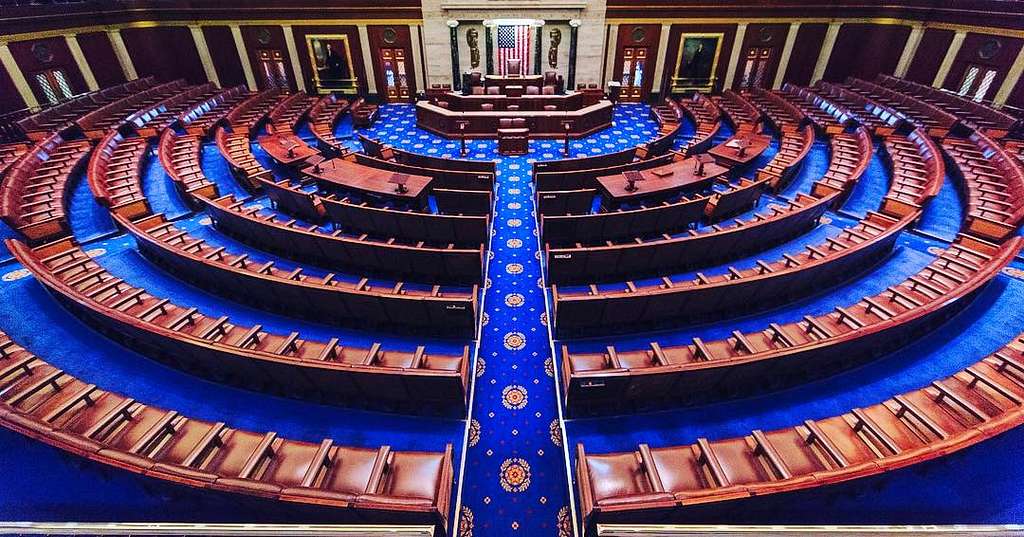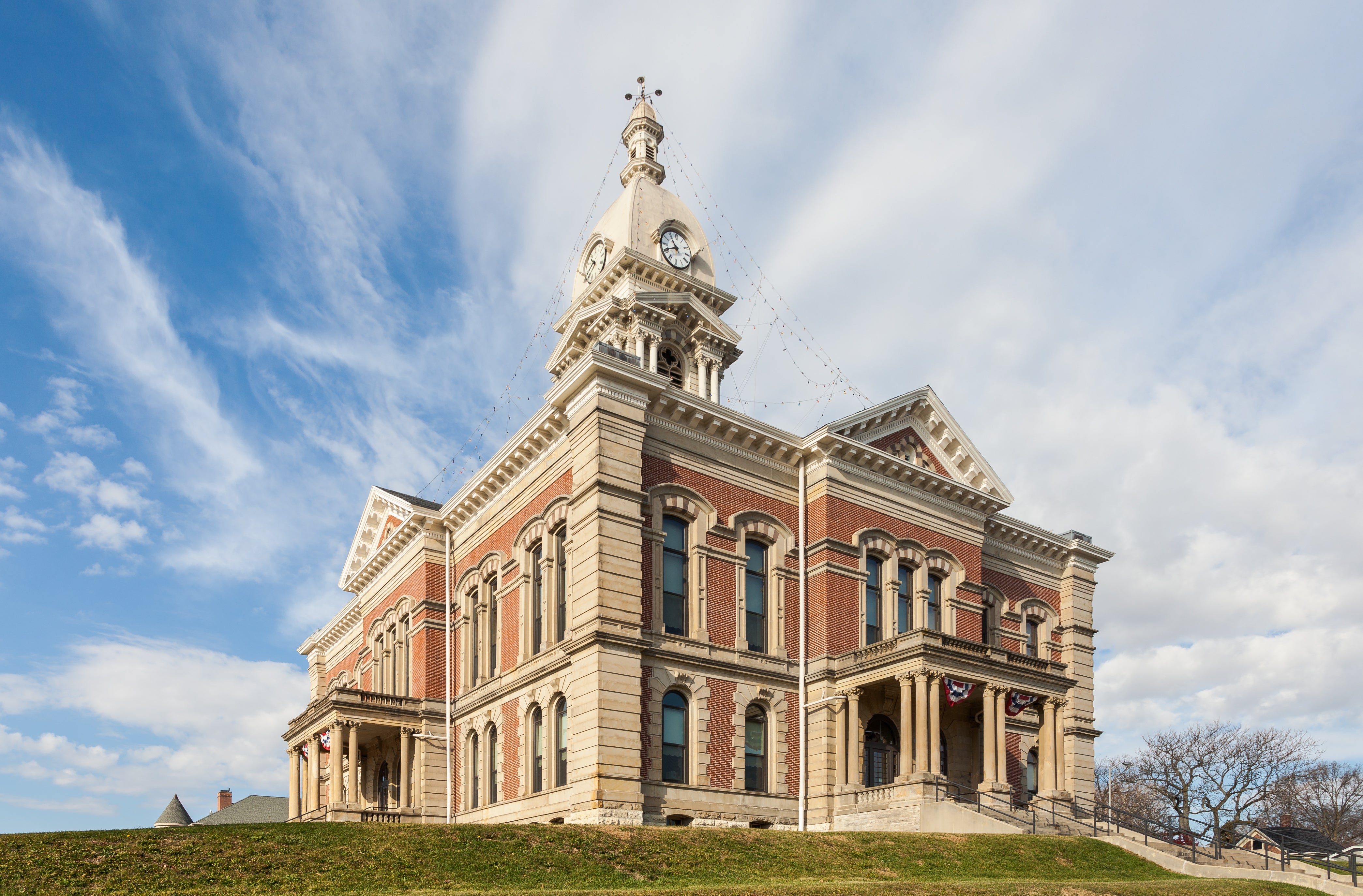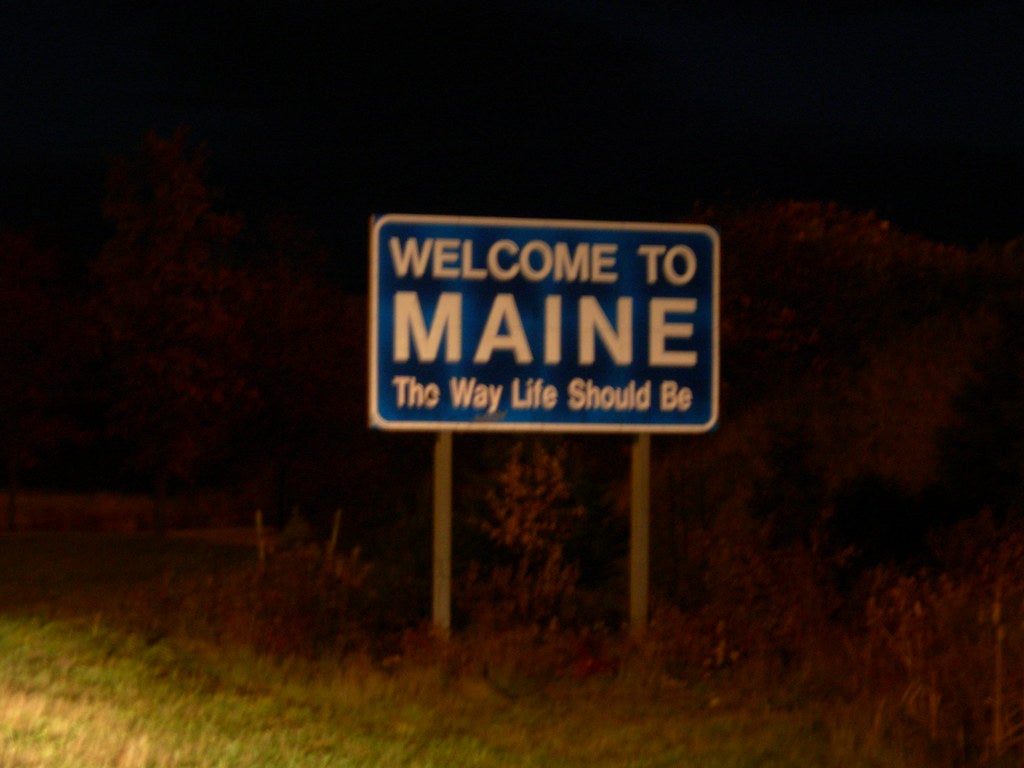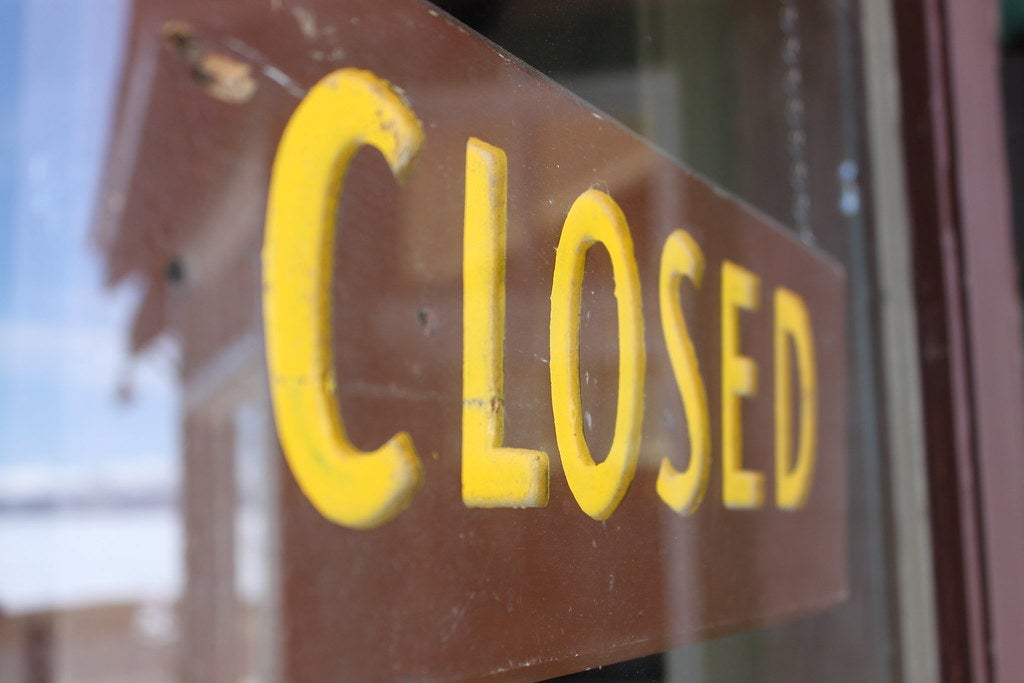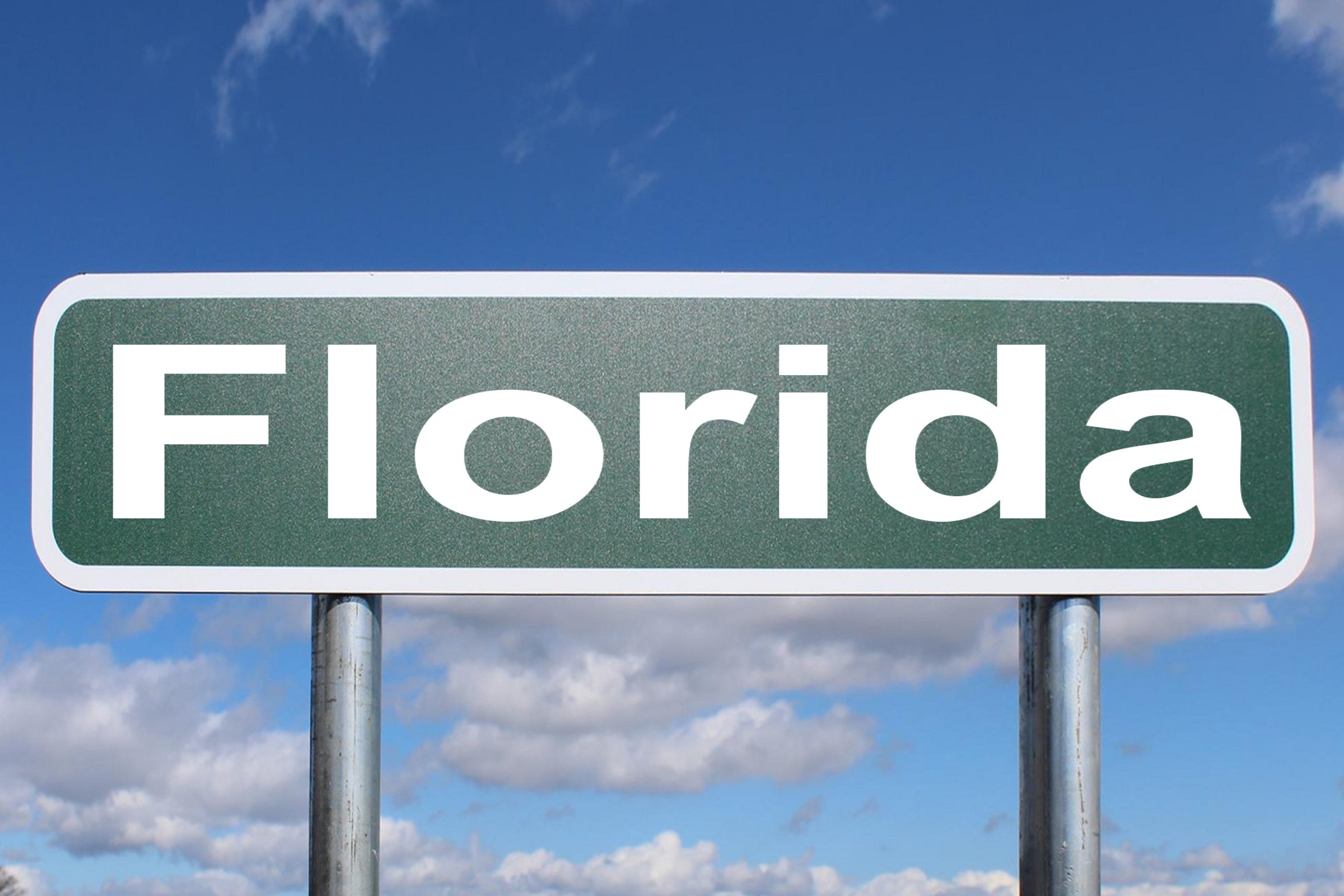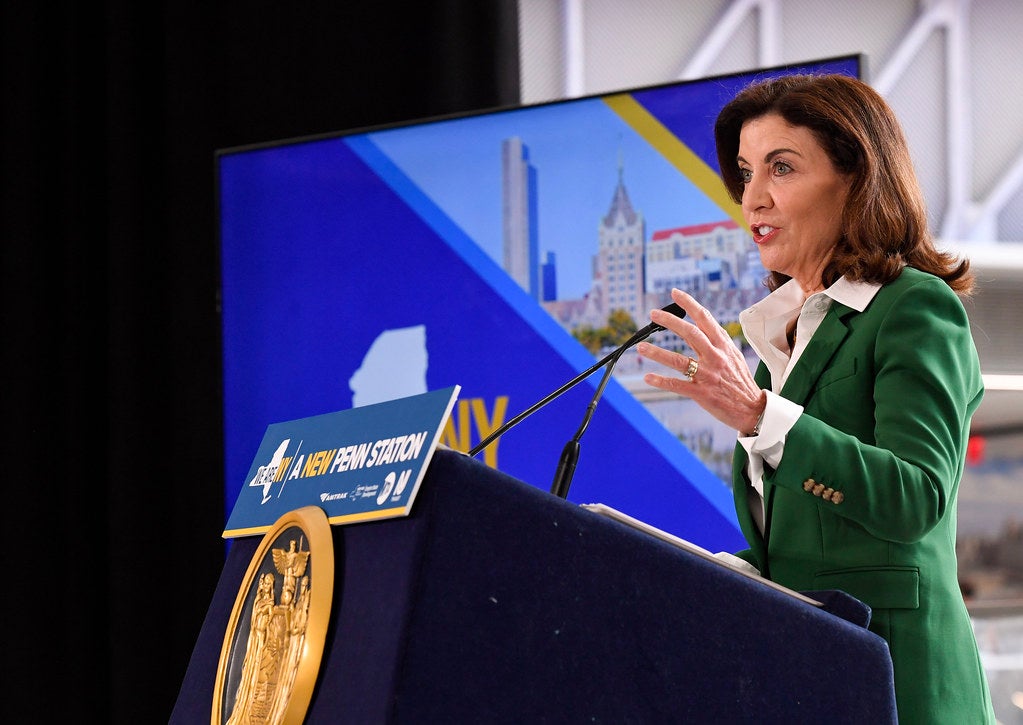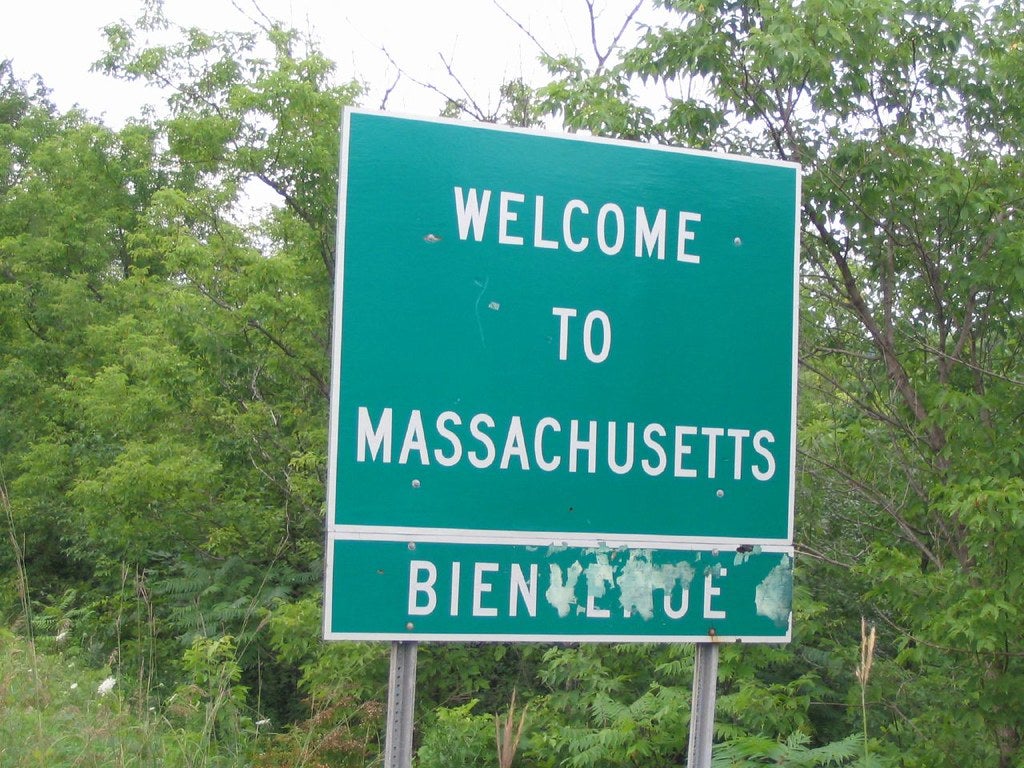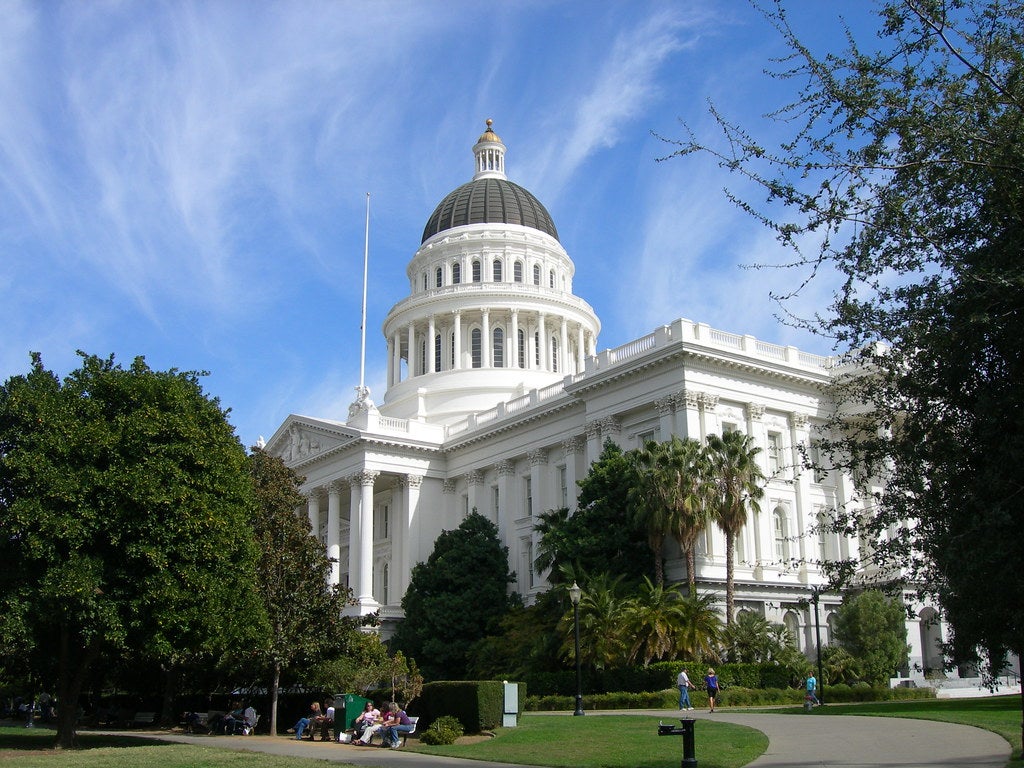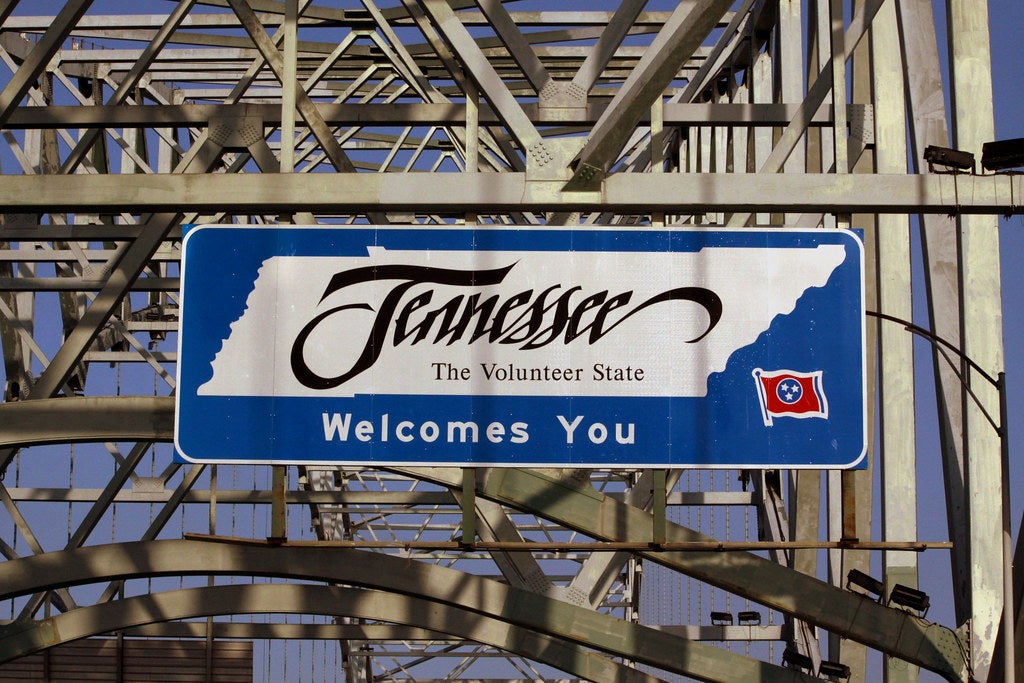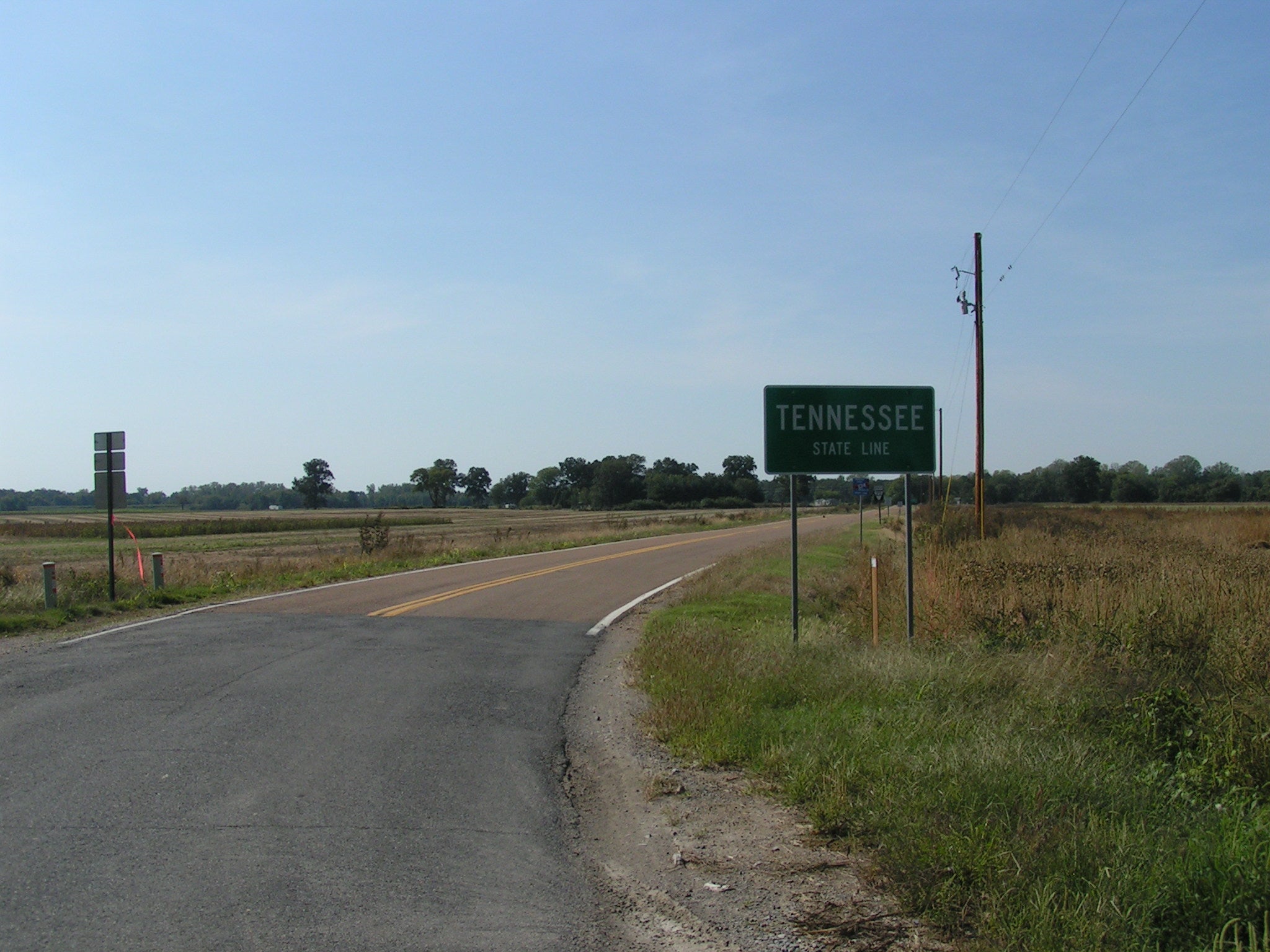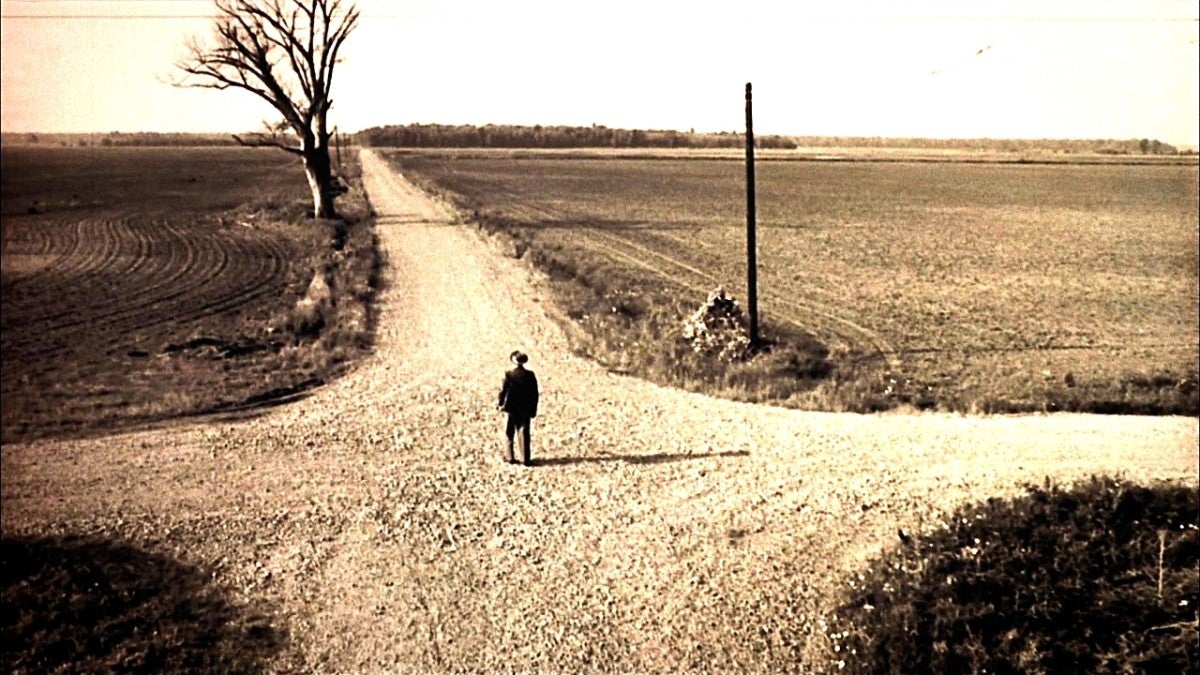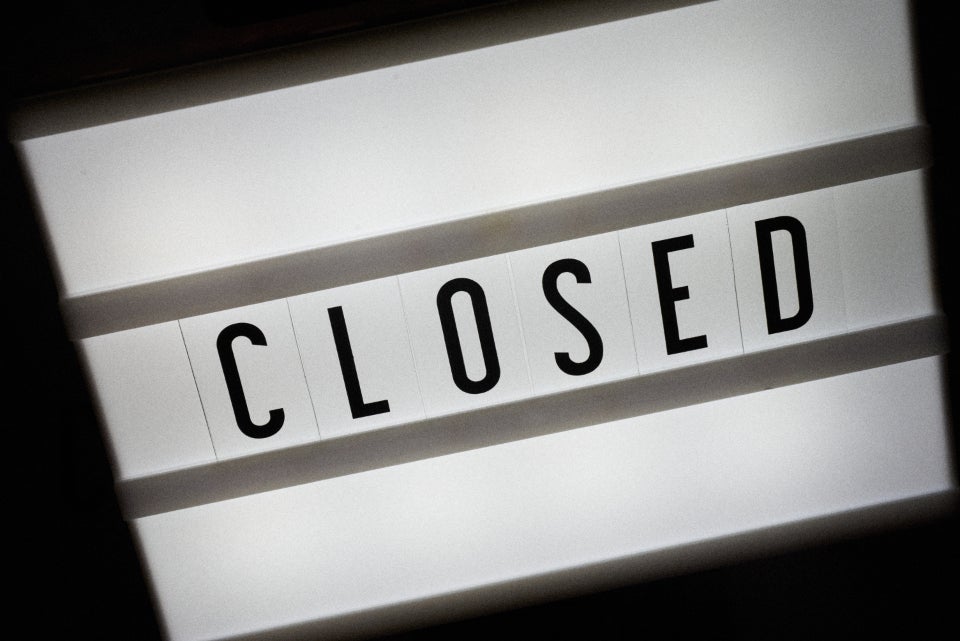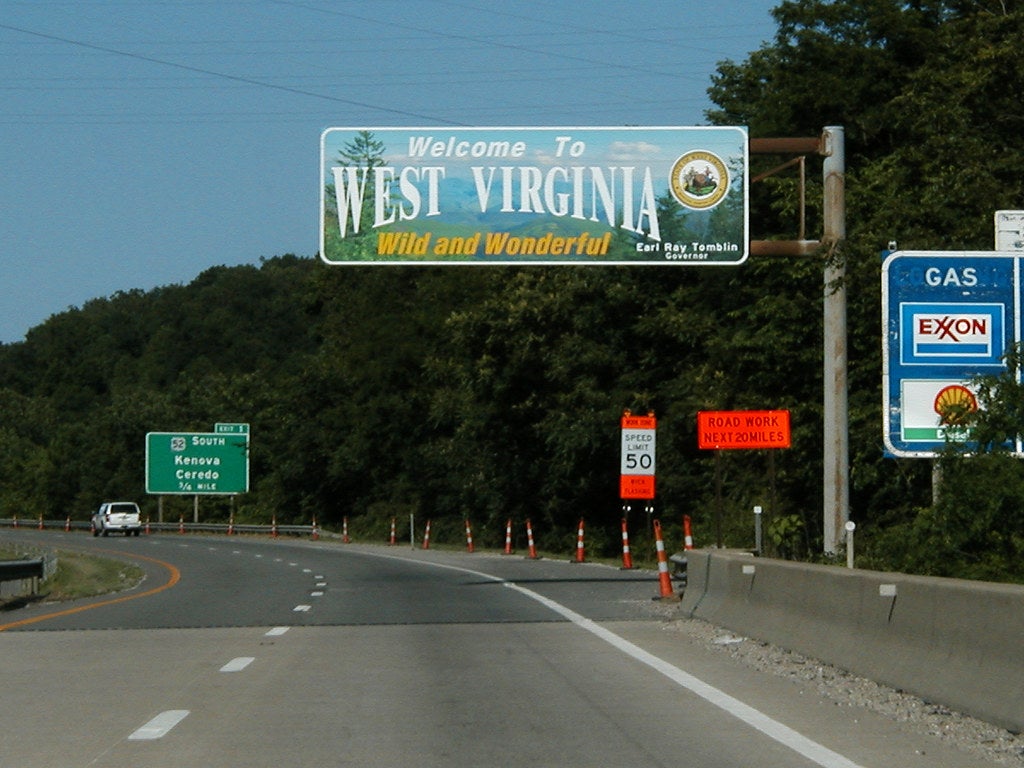How the Indian Tribes Are Feeling About the Bill
Right now, Tuari Bigknife, the attorney general of the Viejas Band of Kumeyaay Indians, hopes for the bill's passage soon. The bill must be passed before the legislative session ends on Aug. 31, and then the governor must sign it.
“There’s no reason to think it’s not going to get a vote,” Bigknife said. “In my opinion, it would have died in any one of these committees if it wasn’t going to get its day. We’re pretty sure we have the votes to pass it in the Assembly, but until someone casts their vote you can never say for sure.”
Why Indian Tribes Are Pushing For This
The Indian tribes in California have had a long-held belief that cardrooms in the state violate the state law and the exclusivity given to tribal casinos for banked card games.
The California Constitution prohibits Nevada and New Jersey-style casino gaming.
However, tribal casinos believe cardrooms in the state contract with third-party proposition player services (TPPPS) to act as the bank.
Now, the California Indian tribes are pushing for a three-month window to sue cardrooms to determine whether they’re violating state law. All claims would be filed in a single lawsuit, and payments for damage, attorney’s fees, or other penalties would be barred.
California Labor Unions Oppose This Bill
Labor unions throughout California oppose the passage of SB549. In a joint letter, they wrote, "SB 549 Could Have a Devastating Impact on Public Sector Jobs,” describing it as “an attack on local cardrooms, which are a significant source of revenue for general funds in many cities across California.”
They mention that the loss of local tax revenue could harm many cities like Fresno and San Jose. They mentioned 78% of the general fund in Hawaiian Garden comes from cardroom revenues.
“Many have revenue sharing agreements with municipalities providing a significant amount of funding for essential public services like police, fire, parks and recreation, etc.," the letter reads. "The measure could easily force cardrooms out of business and result in a loss of $500 million in tax revenue statewide.”
.svg)








